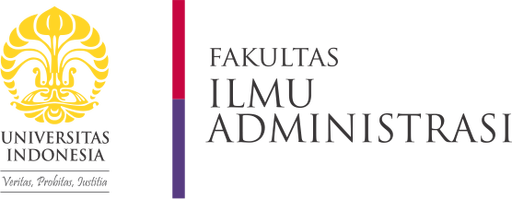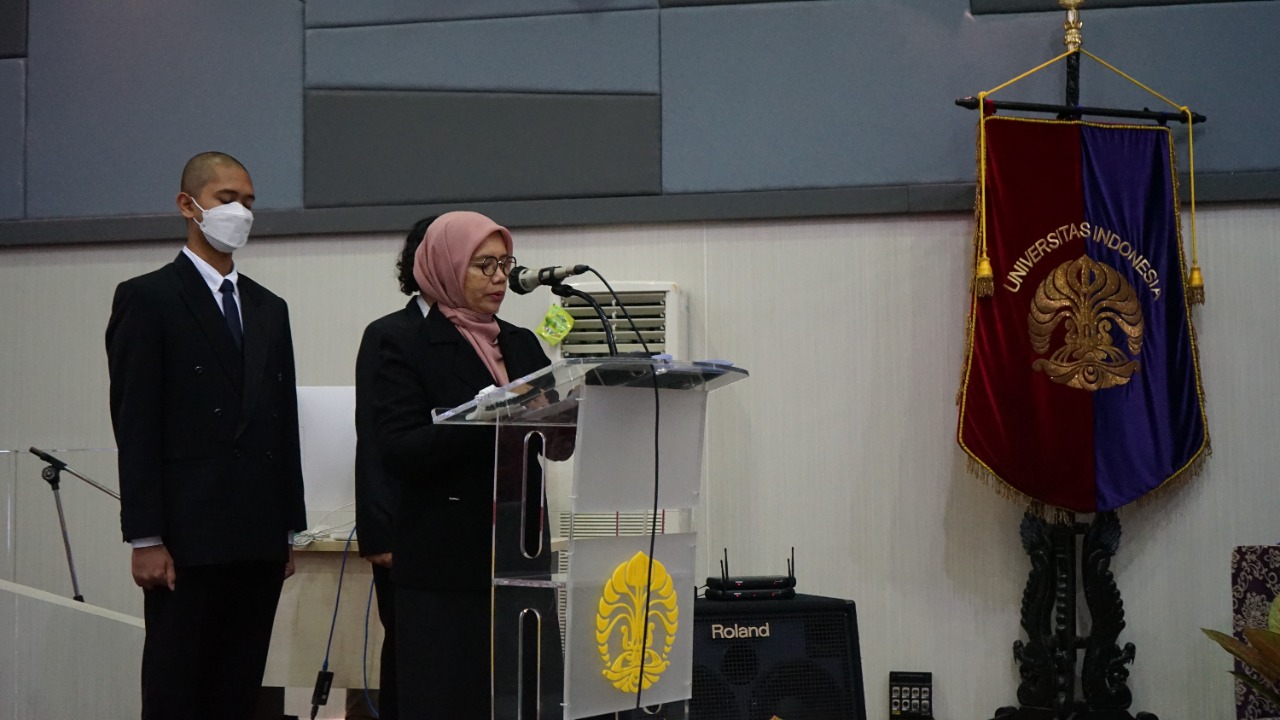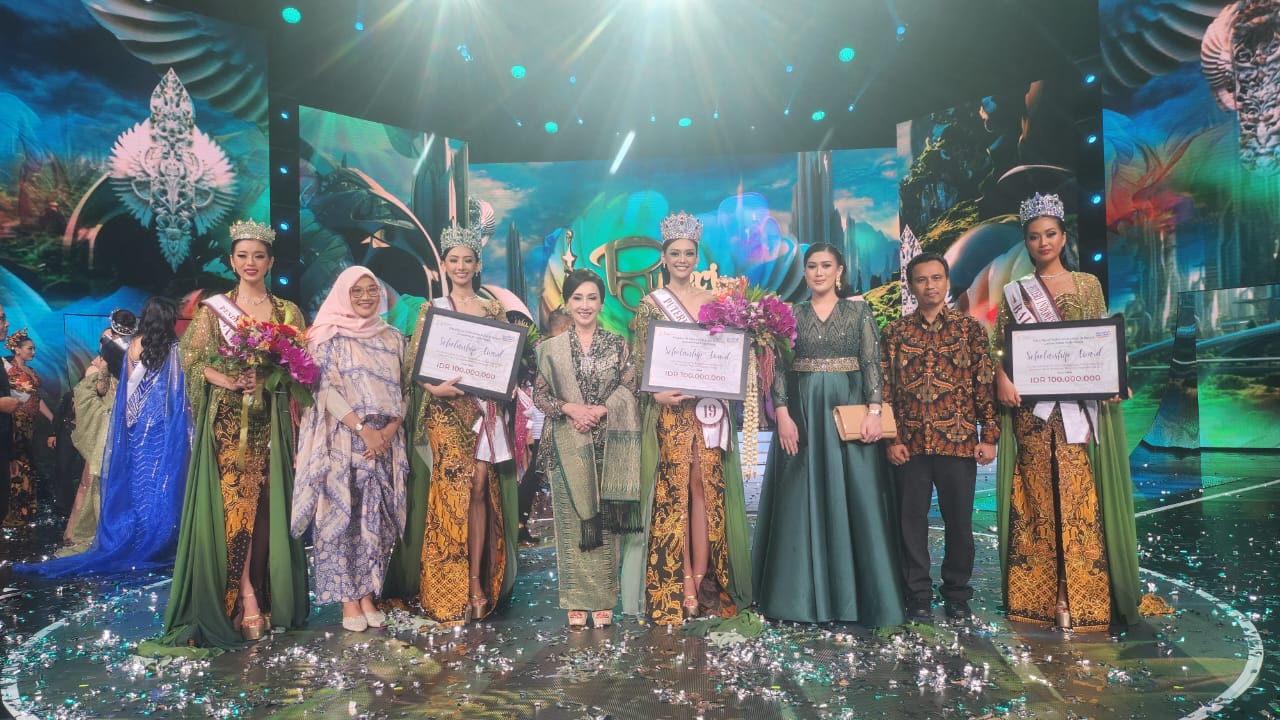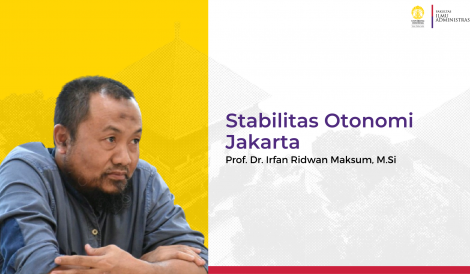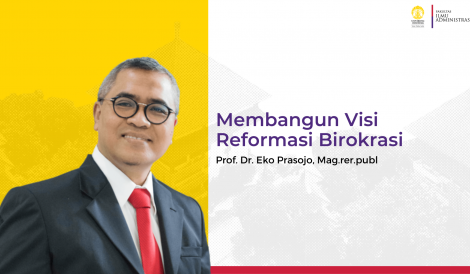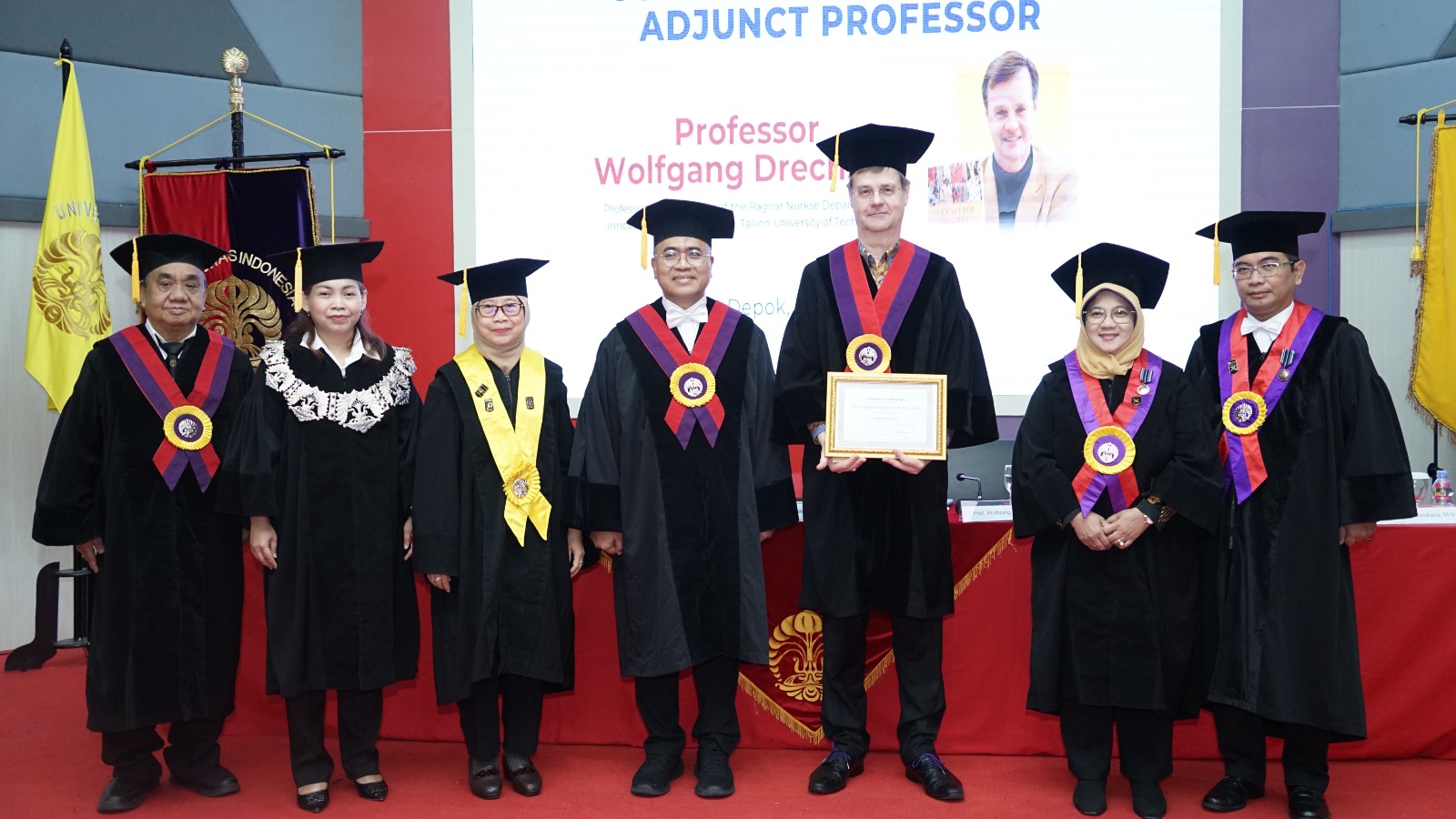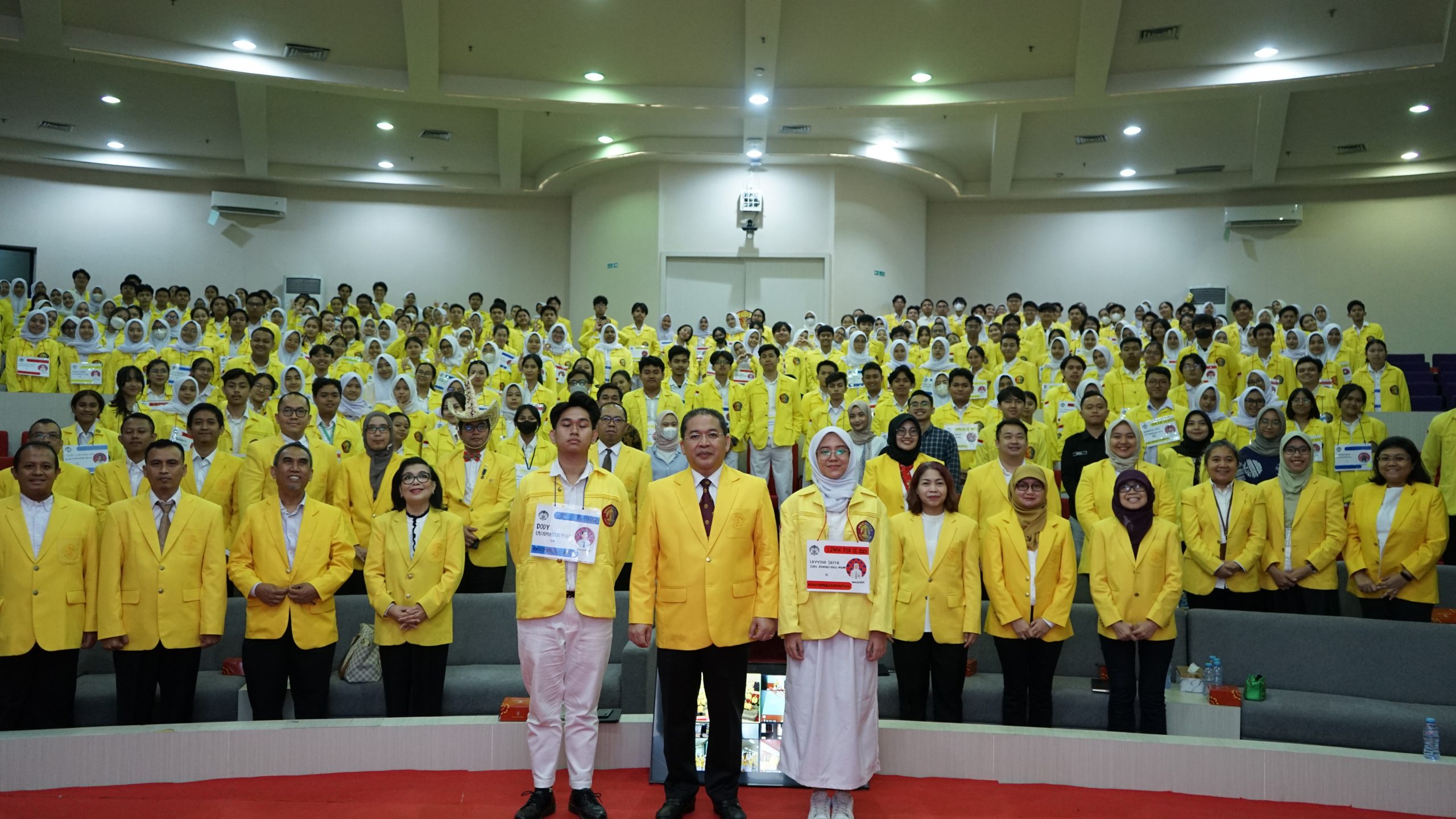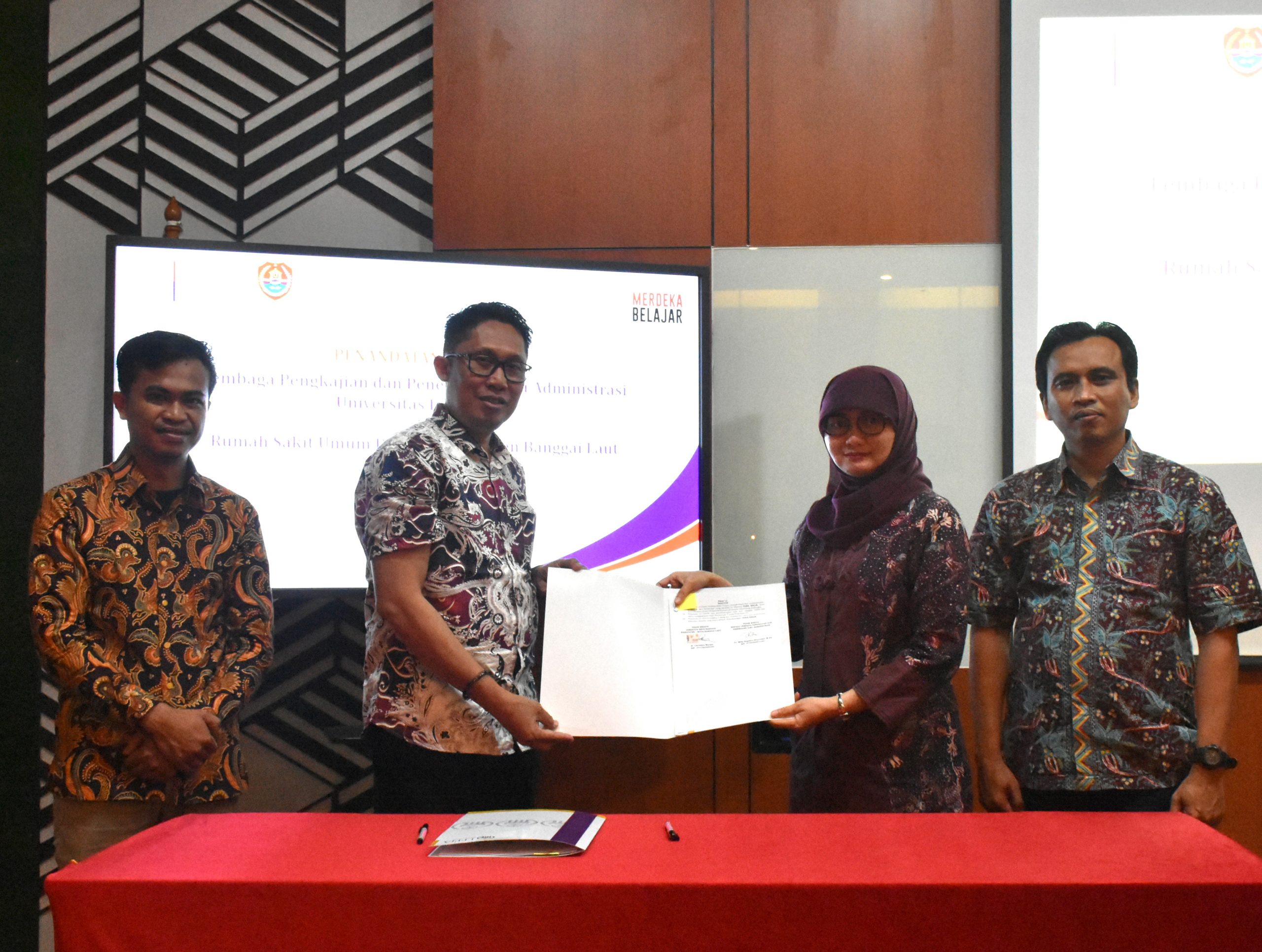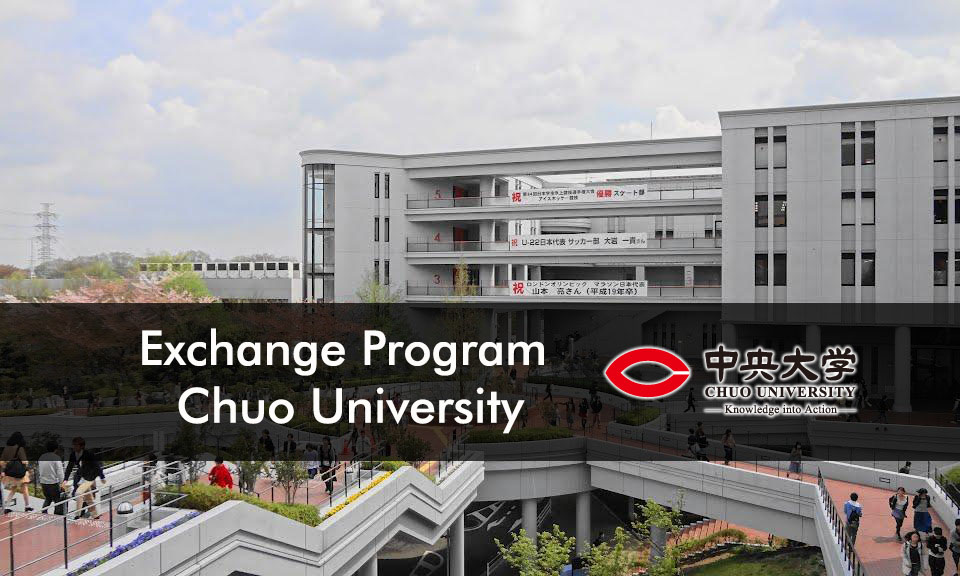We are rich but poor, rich in natural resources, but poor in resources. We are free but colonized, politically independent and economically colonized. We are strong but weak, weak in facing global challenges.
These three sentences are paradoxes adapted by Wiwiek Joelijani from Bacharuddin Jusuf Habibie. This paradox arises when domestic products have to compete with imported products, which makes domestic products unable to dominate the market in a technology-based world.
This was conveyed by Wiwiek Joelijani in the doctoral promotion session of the Faculty of Administrative Sciences, University of Indonesia (FIA UI) on Monday, July 12, 2022 in a hybrid manner with the dissertation title “Dynamic Capability Design to Survive in the Paradoxical Environment of the Railway Industry: The Case of PT INKA Indonesia.”
“The phenomenon of PT INKA’s dynamic capability is the focus of this research
paradoxical environment PT INKA managed to survive (survive). In this study, I raised two research questions, namely how the dynamics of the development system
PT INKA’s dynamic capabilities to withstand a paradoxical environment.” he said.
Wiwiek explained that to answer this question, he used the post-positivism paradigm with qualitative methods to identify the determinants of dynamic capabilities and to explain the relationship between variables that make up PT INKA’s dynamic capabilities model using system dynamics, “he explained.
Then, said Wiwiek, the second question is how the trajectory (path) dynamic capabilities of PT INKA will be answered using the post-positivist paradigm with qualitative methods to identify the determinants of PT INKA’s trajectory (path).
“The finding of the existence of PT INKA, which grew in a paradoxical environment, was produced”
through the development and renewal of dynamic capabilities inherent in routine processes (managerial and organizational) resulting from the implementation of the company’s strategy, so as to encourage PT INKA’s capability in developing new product technology and
expand the market,” he explained.
In his explanation, Wiwiek found that there were eight dynamic capabilities, seven of which were reinforcing, namely R1 (Sensing Capability), R2 (Talent Capability), R4 (Finance Capability), R5 (Technology Development Capability), R6 (Marketing Capability), R7 (Collaboration Capability), and R3 (Government Support). Then, there is one that is Balancing, which weakens the INKA system (B), namely competition or competition in the market (Market Competitiveness).
“PT INKA’s capability has turned into a systematic dynamic capability due to the organization’s Learning Capability inherent in all dynamic capabilities development processes, namely: 1) Production process management learning capability, 2) Human Resource management learning capability, and 3) Market development learning capabilities.
In addition, Wiwiek also obtained research findings, namely that there is leadership talent capability which is an enabler of dynamic capabilities because with this leadership talent ability, PT INKA’s vision continues to be carried from the first generation of leadership.
to continue in the current leadership.
“PT INKA’s dynamic capabilities trajectory is divided into three periods, namely the period of mastery of product technology (1981-2000), the period of integration of market control and product technology development (2000-2018), and the period of developing strategic alliances.
product technology (2019-forward),” he said.
Wiwiek said that large technology-based industries would find it difficult to grow rapidly in a paradoxical condition, because with survival conditions, companies grow to survive. The dynamics of the company’s capabilities in a paradoxical condition are indicated to be the same as indicators for companies that are just growing.
“The research results can be applied by companies with the environment in Indonesia to carry out the same trajectory pattern and flow that has been proven to produce the capability to survive at PT INKA. Meanwhile for the government, the empirical experience of developing and updating dynamic capabilities at PT INKA shows that the government’s role is very important and strategic. The research results contribute to enriching the development of dynamic capabilities theory, especially in the railway industry,” he concluded.
After the presentation, the examiners and promoters gave questions and input related to Wiwiek’s dissertation. In this doctoral promotion session, Wiwiek managed to become a doctor from the Faculty of Administrative Sciences in the field of Administrative Sciences with a very satisfactory graduation.
For information, the Wiwiek doctoral promotion session was chaired by Prof. Dr. Chandra Wijaya, M.Sc., MM with the promoter, Prof. Dr. Martan
